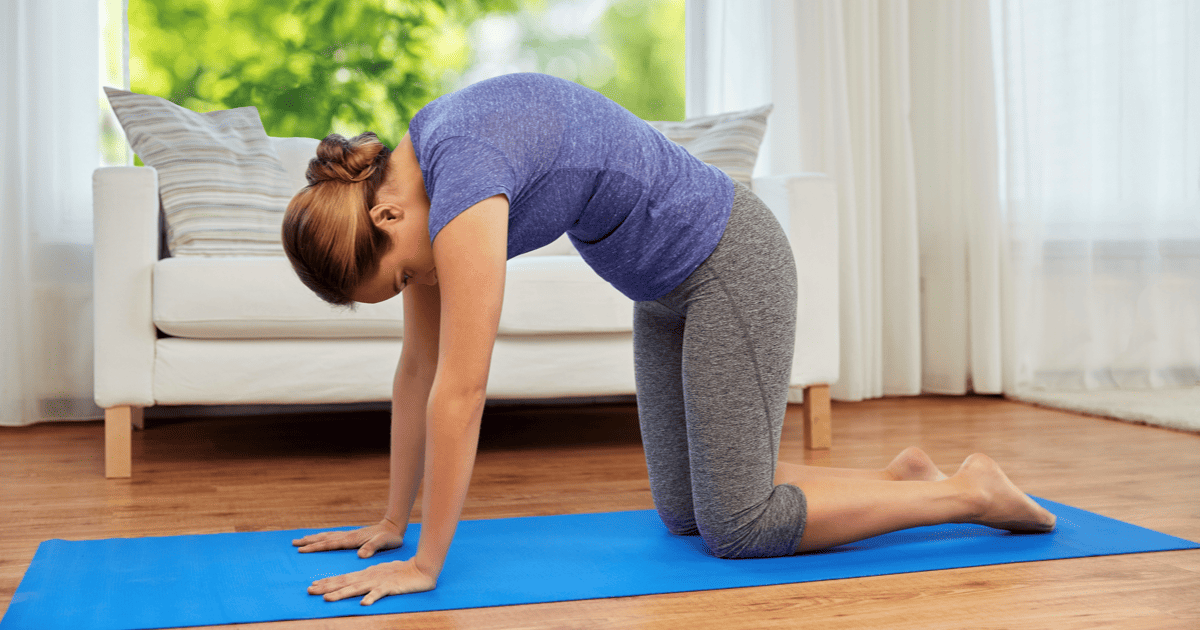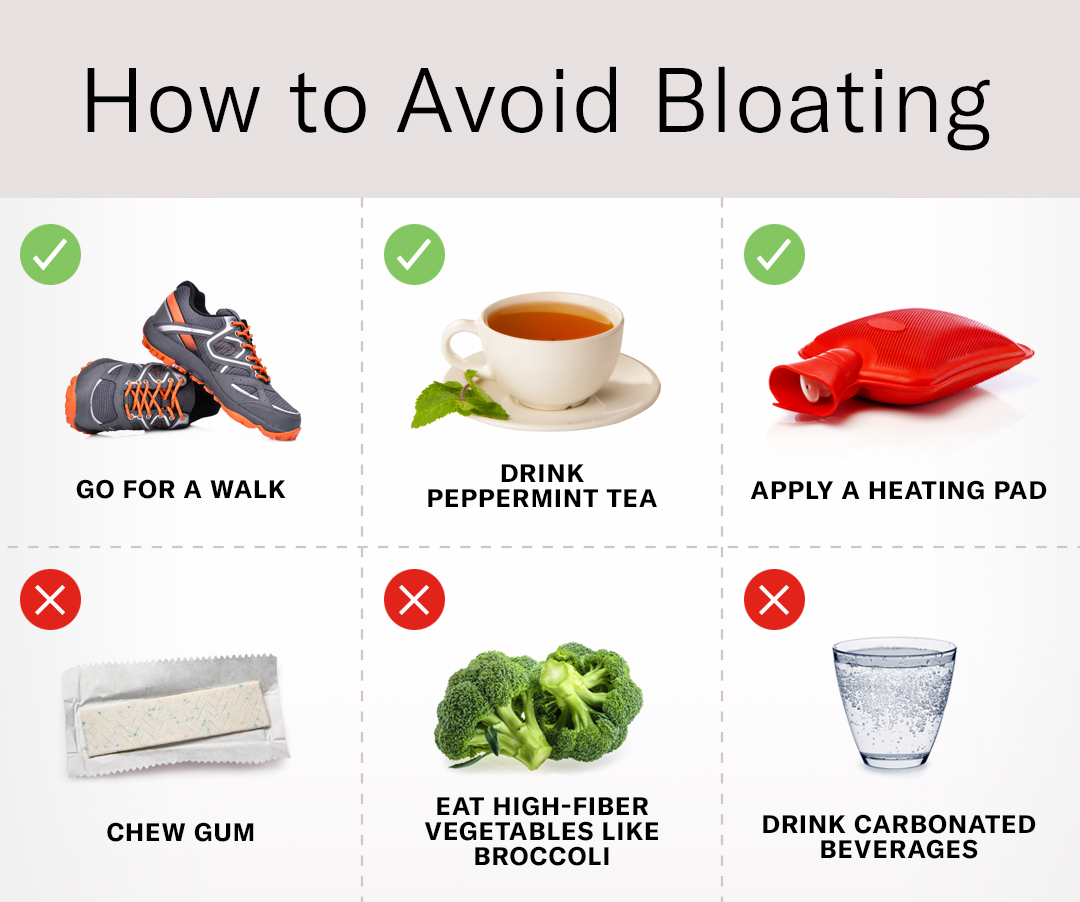Bloating is one of the most common digestive issues people face, often leaving you feeling uncomfortable, sluggish, or self-conscious. Whether it’s after a heavy meal, during menstruation, or due to poor digestion, bloating can disrupt your daily life. Luckily, there are 10 Simple and Effective Home Remedies for a Bloated Stomach that can provide relief and help your digestive system function better. In this article, we’ll explore 10 effective remedies you can try right from the comfort of your home.

What Is Bloating?
Before we dive into the remedies, let’s first understand what is bloated stomach. Bloating occurs when your abdomen feels full and tight, often due to an accumulation of gas in the stomach or intestines. This can cause discomfort, pain, and sometimes visible swelling. Bloating may be caused by overeating, swallowing air, eating foods that are hard to digest, or underlying health issues such as irritable bowel syndrome (IBS).
While bloating is a common occurrence, it doesn’t have to take over your life. With a few changes to your diet, habits, and lifestyle, you can experience relief and enjoy a flatter stomach. Let’s explore the best home remedies for bloated stomach.
1. Drink Peppermint Tea
Peppermint tea is one of the most popular and effective home remedies for bloated stomach. Peppermint has antispasmodic properties, which means it can help relax the muscles in the digestive tract, reducing bloating and discomfort. Sipping on peppermint tea can also help expel trapped gas and promote better digestion.
How to use:
- Steep fresh peppermint leaves or a peppermint tea bag in hot water for 5–10 minutes.
- Drink the tea slowly, especially after meals to help with digestion.

2. Ginger for Bloating Relief
Ginger is another powerhouse ingredient when it comes to relieving bloating. It contains compounds called gingerols that stimulate digestion and can help reduce bloating and gas buildup. Ginger is also known for its ability to reduce inflammation in the gut, making it an excellent remedy for bloating caused by digestive issues.
How to use:
- Add a few slices of fresh ginger to hot water and let it steep for 5–10 minutes.
- Drink ginger tea before or after meals for better digestion.
- Alternatively, chew a small piece of fresh ginger or add ginger powder to your food.
3. Activated Charcoal
Activated charcoal is often used to treat digestive problems like bloating, gas, and indigestion. It works by binding to gas-causing toxins in the digestive system and flushing them out. This natural remedy is especially helpful for those who experience bloating after consuming certain foods.
How to use:
- Activated charcoal supplements are available in health food stores and pharmacies.
- Follow the dosage instructions on the package, typically one or two capsules per day.
4. Apple Cider Vinegar
Apple cider vinegar (ACV) is a well-known home remedy for many digestive issues, including bloating. ACV helps balance stomach acid levels and improves the efficiency of your digestive system. Drinking a small amount of diluted apple cider vinegar can stimulate the production of digestive enzymes, which can prevent bloating.

How to use:
- Mix one to two tablespoons of ACV with a glass of warm water.
- Drink this mixture before meals to support digestion.
5. Fennel Seeds
Fennel seeds have been used for centuries as a natural remedy for digestive issues, including bloated stomach. It helps relax the muscles of the digestive tract, which reduces gas and bloating. It’s also known to improve overall digestion.
How to use:
- Chew on a teaspoon of fennel seeds after meals.
- Alternatively, you can brew fennel tea by steeping fennel seeds in hot water for 10 minutes.
6. Probiotics for a Healthy Gut
Probiotics are beneficial bacteria that support gut health. When your gut is balanced, digestion becomes smoother, reducing the chances of bloating. Probiotic-rich foods like yogurt, kefir, kimchi, and sauerkraut can help maintain the proper balance of gut bacteria.
How to use:
- Add probiotic-rich foods to your daily diet.
- If you prefer, you can also take probiotic supplements.
7. Warm Lemon Water
Lemon water is a simple and refreshing remedy that can help alleviate bloating. The acidity in lemons stimulates bile production, which supports digestion and helps the stomach break down food more efficiently. Drinking warm lemon water can help clear out toxins and reduce bloating.
How to use:
- Squeeze the juice of half a lemon into a glass of warm water.
- Drink it in the morning to jumpstart digestion and reduce bloating throughout the day.
8. Exercise to Reduce Bloating
While it may seem counterintuitive, physical activity can actually help alleviate bloating. Exercise encourages the movement of gas through the digestive system and promotes digestion. A simple walk or gentle stretches can be effective in reducing bloating after a meal.

How to use:
- Take a 10–15 minute walk after meals to promote digestion.
- Try yoga poses like “child’s pose” or “seated twist” to relieve bloating.
9. Herbal Teas for Digestion
Various herbal teas can help soothe the digestive system and reduce bloating. Herbs like chamomile, dandelion, and caraway are known to have anti-inflammatory properties and can aid digestion.
How to use:
- Drink a cup of herbal tea after meals to ease bloating.
- Chamomile tea is particularly good for reducing stress-related bloating.
10. Reduce Sodium Intake
Excessive salt can cause your body to retain water, which may lead to bloating. Reducing your sodium intake can help prevent this from happening. Try to limit processed foods, fast foods, and salty snacks that contribute to high sodium levels.
How to use:
- Choose fresh foods over packaged ones to control your salt intake.
- Read labels and opt for low-sodium options when possible.
Preventing Bloating: Lifestyle Changes

While home remedies can provide quick relief, making certain lifestyle changes can help you prevent bloating in the long run. Here are a few tips:
- Eat smaller meals: Large meals can overwhelm your digestive system and cause bloating.
- Avoid carbonated drinks: The gas in sodas and fizzy drinks can lead to bloating.
- Practice mindful eating: Eating slowly and chewing your food thoroughly can help with digestion and prevent air swallowing, which contributes to bloating.
- Stay hydrated: Drinking enough water can help keep your digestive system functioning smoothly and reduce bloating.
When to See a Doctor
In most cases, bloating is harmless and can be managed with home remedies. However, if your bloating is persistent or accompanied by other symptoms like severe pain, vomiting, weight loss, or changes in bowel movements, it’s important to consult a healthcare provider. These could be signs of an underlying condition that requires medical attention.
Bloating is a common issue that can be uncomfortable and frustrating. However, with the right home remedies for bloat stomach, you can find relief and feel more at ease. From peppermint and ginger to lifestyle changes, these remedies can help restore balance to your digestive system and alleviate the uncomfortable symptoms of bloating. By incorporating these natural solutions into your daily routine, you’ll be on your way to a happier, more comfortable belly.

